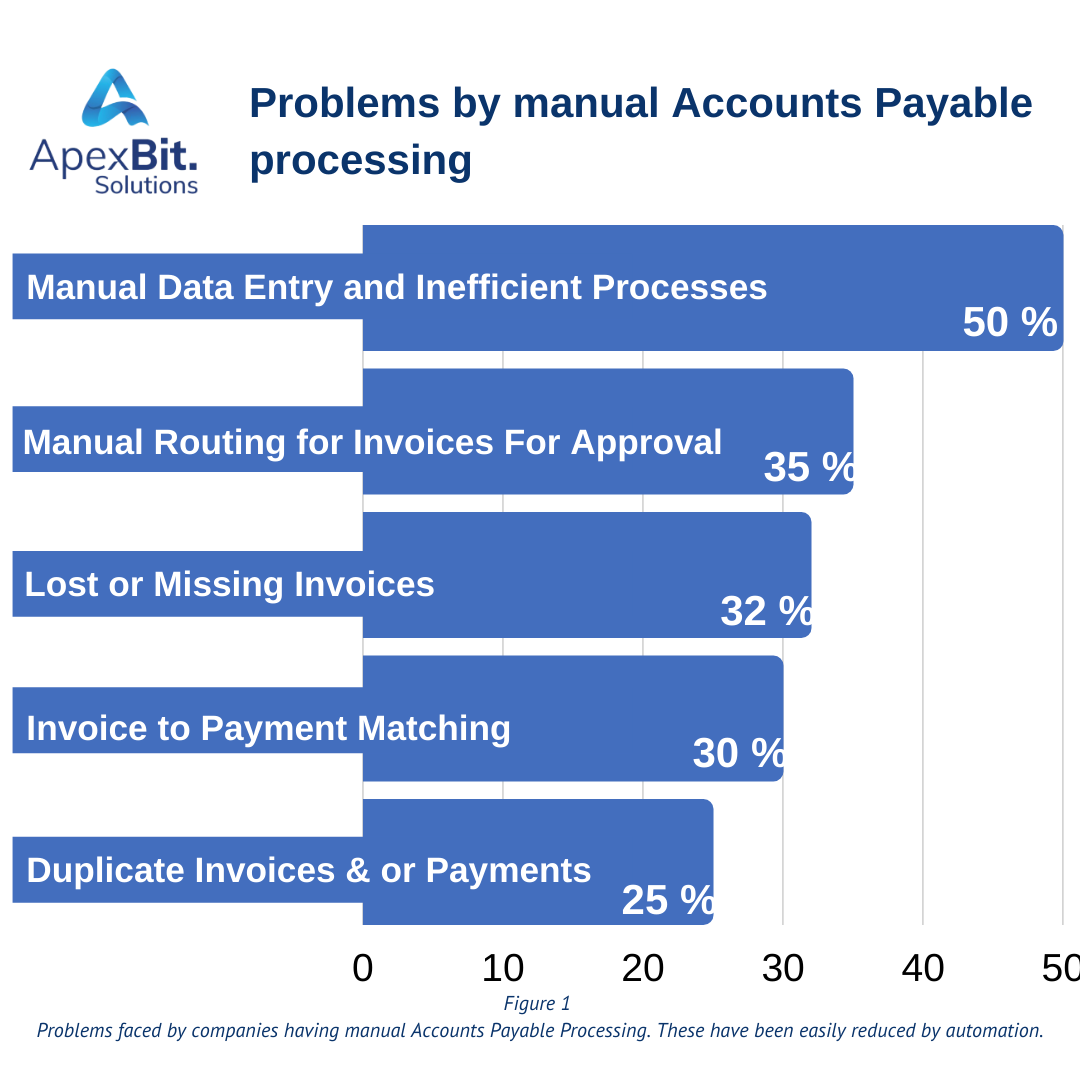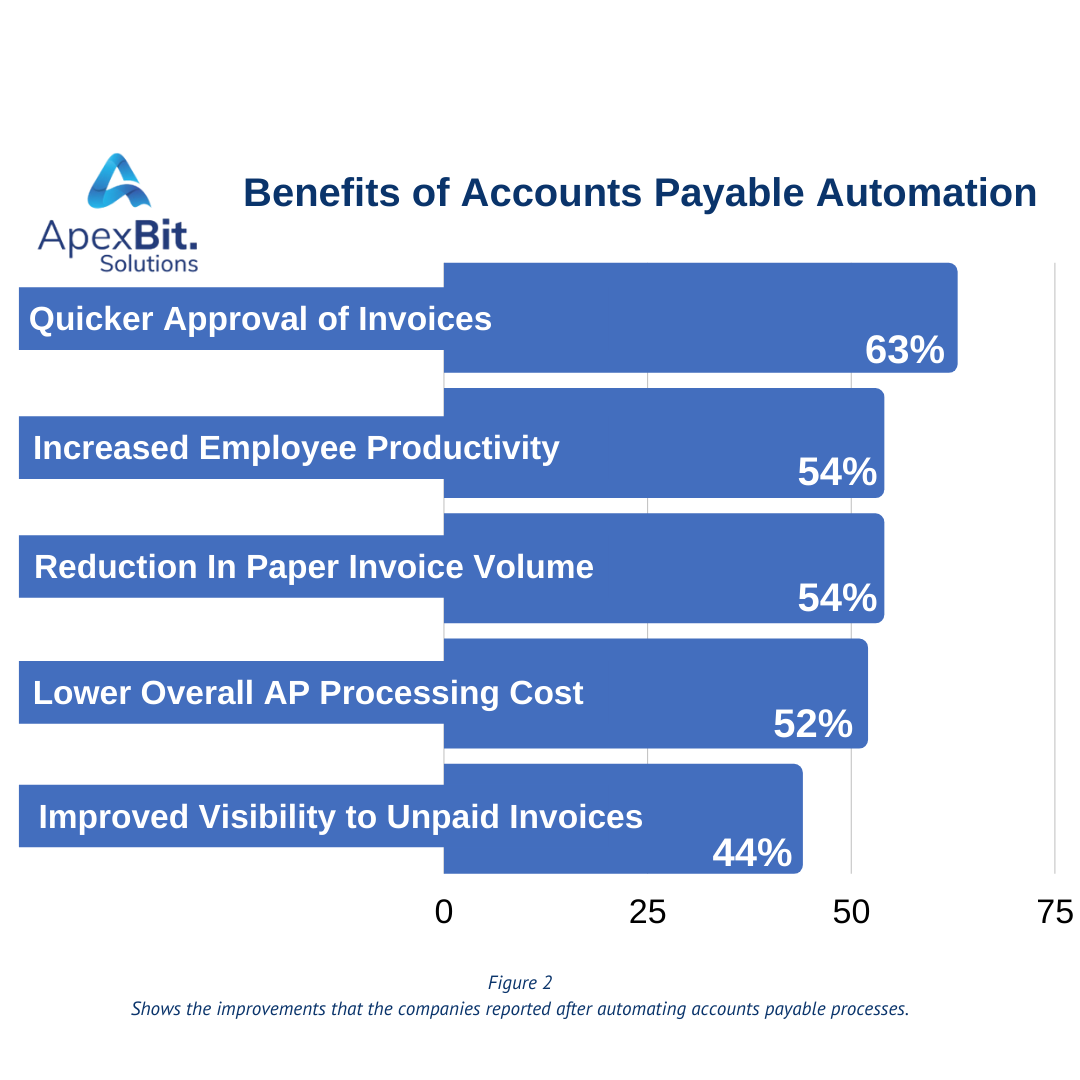What is RPA and How Can You Improve Your Business’s Accounting Efficiency.

As companies continue to search for cost-effective solutions to increase performance, Robotic Process Automation ( RPA) becomes one of the most prominent breakthroughs. According to a new study by Deloitte, 53% of the companies surveyed already have incorporated or started to integrate robotic process automation into their invoice management approach. This is anticipated to accelerate to a universal implementation within the next five years.
What is RPA?
Robotic Process Automation ( RPA) is considered to be the technique for mechanization of company processes by automation to minimize human interference.
If each of these words must be sorted out one by one, Robotics are entities that imitate human activity. A process consists of a series of steps leading to productive work. For instance, making your favorite beverage or dish, etc. Automation is any robotic action that does not require human interaction. If we sum up all these concepts, it is also known as Robotic Process Automation. It imitates human behavior to execute a series of steps leading to concrete action without any human interference.
RPA boosting your business’s operating efficiency
AP challenges faced by organizations without a proper RPA solution
Figure 1 depicts the leading organizational challenges :
-
Unproductive procedures and manual data entry.
- Manual transfer of invoices for authorizations.
- Constantly losing or missing invoices.
- Major receipts of invoices being in paper format.
In their own words, the companies cited several difficulties when asked to identify their most significant AP problems. They referred to the handling of obsolete, outdated AP applications with entirely manual AP units. Many have used an ERP or an invoicing control program for their applications for the manual submission of invoices information. Many have been criticizing their applications. One respondent who uses an ERP tool also described its AP Department as “paper-intensive” despite the AP program, which was focused on its tool creating the “no constant method of obtaining and authorizing invoices.” Others found ERP based instruments “unsatisfactory” and “glitchy.”

Benefits of using an RPA for your Accounts Payable
Automation of AP tackles a variety of limitations in the AP Division. Figure 2 shows that many businesses can increase approval periods by using AP automation, to improve the productivity of workers.
It points out the major organizational and strategic benefits :
- Improving supplier relationships
- Simplifying the auditing process
- Reducing fraud and duplicate payments
- Overall resulting in lower AP costs





Recent Comments